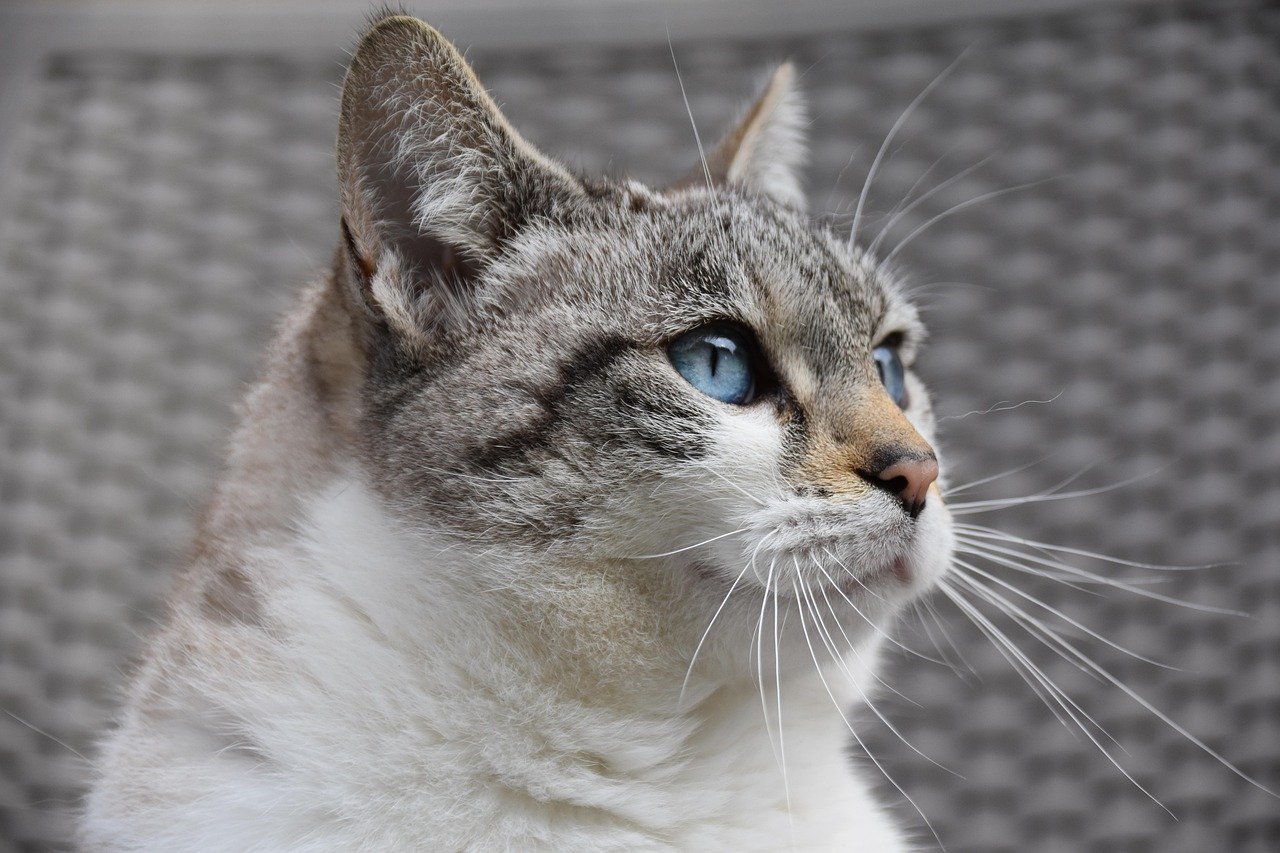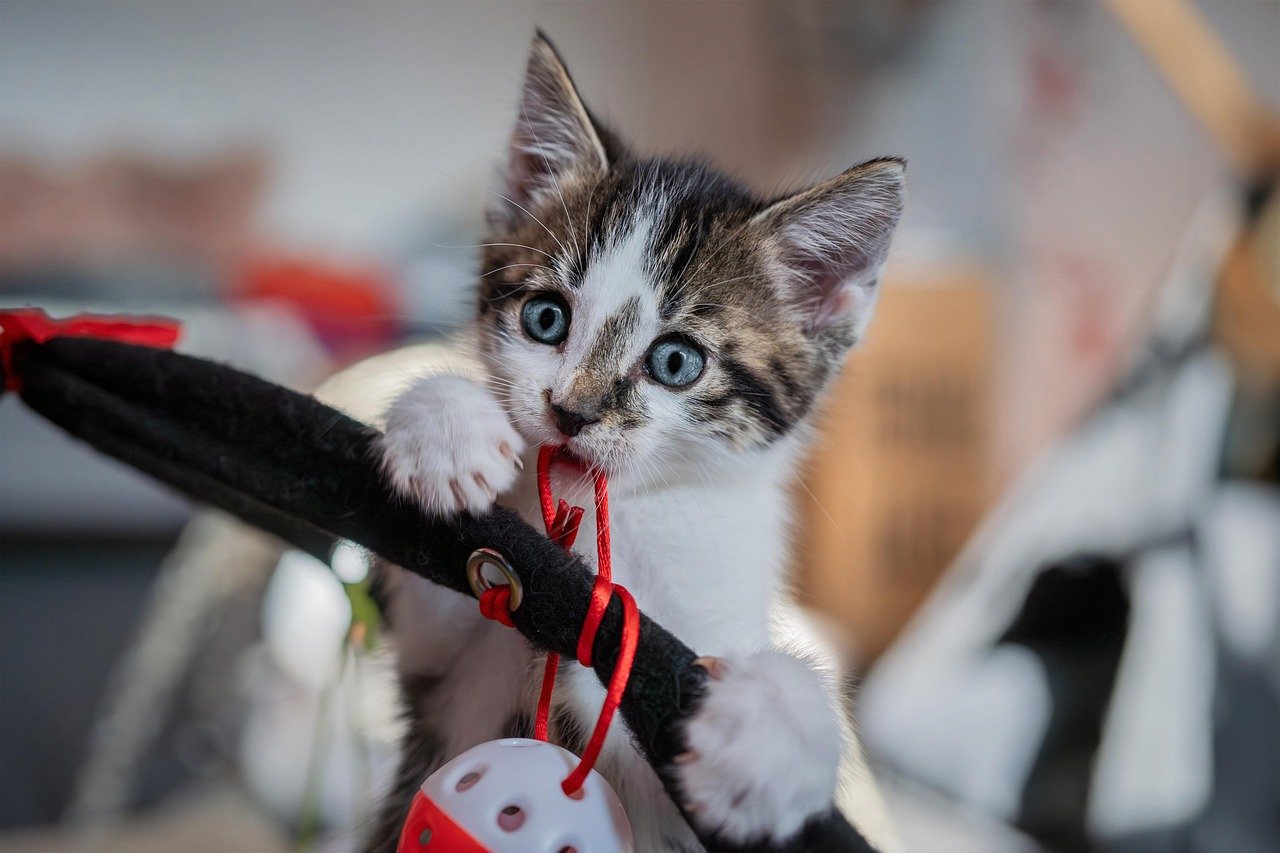If your cat’s wide, worried eyes have ever stared up at you during a thunderstorm, you know just how heartbreaking feline anxiety can be. Maybe you’ve come home to shredded curtains, or you’ve seen your shy kitty disappear under the bed at the slightest sound. The truth is, cats feel stress just like we do—sometimes even more so, since they can’t tell us what’s wrong. Watching your beloved pet struggle with fear can be tough, but the good news is there are real, practical ways to help your anxious feline feel safe and serene. Let’s explore eight proven and surprisingly simple things you can do to calm even the most jittery of cats.
Provide a Safe Hiding Spot
Cats are hardwired to seek safety when they feel threatened, so offering them a dedicated hiding spot can work wonders. Think of it like giving your cat their very own cozy fortress—a box, a covered cat bed, or even a sturdy paper bag in a quiet corner can do the trick. When anxiety strikes, your cat will be drawn to this safe haven, and just knowing it’s there can reduce their stress tremendously.
If your home is busy or loud, having more than one hiding space available gives your cat options to choose from. Placing a soft blanket or piece of your clothing inside can make the space even more comforting, as your scent provides extra reassurance. With a personal retreat close at hand, your anxious kitty will find it much easier to relax, even when the world outside feels overwhelming.
Use Pheromone Diffusers or Sprays

One of the most fascinating discoveries in feline behavior is the calming effect of synthetic pheromones. These products mimic the natural facial pheromones that cats use to mark safe territory. Plug-in diffusers and sprays, available at most pet stores, can fill your home with invisible signals of safety and comfort your cat can sense, even if you can’t.
Many cat parents notice a dramatic shift in their pet’s mood after using these products. Spritzing pheromones on bedding or using a diffuser in your cat’s favorite room can lower anxiety levels, especially during stressful events like moving or noisy celebrations. While pheromones won’t fix every problem overnight, they’re a gentle, non-invasive way to help your feline friend feel right at home.
Play Soft, Soothing Music
Believe it or not, cats have musical preferences too! Studies have shown that gentle, classical music—or even tracks specially composed for cats—can help lower stress and heart rate in anxious kitties. The right playlist can mask scary household noises, like thunderstorms or construction, and create a calming atmosphere in your home.
Try playing soft music when your cat seems nervous, especially if you’re leaving the house or expecting visitors. You might notice your cat curling up, purring, or even dozing off to the sounds. Music can become a positive cue for relaxation, giving your cat something safe and predictable to focus on when the world feels too chaotic.
Offer Interactive Toys and Playtime

Cats aren’t just adorable—many are little athletes with energy to burn. When anxiety builds up, it can come out as restless or destructive behavior. Regular play sessions with wand toys, laser pointers, or treat-dispensing puzzles channel your cat’s energy in a healthy way and help distract them from their worries.
Interactive play also strengthens your bond, reminding your cat that you’re a source of fun and safety. Just ten to fifteen minutes of active play twice a day can tire out even the feistiest feline and replace anxious pacing with contented naps. If your cat seems uninterested, experiment with different toys—feathers, bells, or even crumpled paper balls can be irresistible.
Maintain a Consistent Routine
Cats are creatures of habit, and sudden changes can trigger anxiety. A predictable daily schedule for feeding, litter box cleaning, and playtime reassures your cat that their world is safe and reliable. Try to keep meal times and other activities at roughly the same time each day, even on weekends.
When changes are unavoidable—like a new pet, a move, or visitors—ease your cat through the transition with extra patience and attention. Let your cat set the pace for exploring new situations, and always keep their favorite routines intact as much as possible. The stability of a regular schedule helps your anxious cat feel more in control and less stressed.
Give Gentle Physical Comfort
Touch can be incredibly soothing for both humans and cats, but not every cat enjoys the same kind of contact. Pay attention to your cat’s preferences—some love gentle strokes along the back, chin scratches, or a warm lap, while others prefer just being near you without direct touch. Respecting your cat’s boundaries is key to building trust and easing anxiety.
If your cat welcomes it, soft petting or even gentle brushing can release feel-good endorphins and lower stress levels. During particularly stressful moments, simply sitting quietly with your cat, speaking in a low, calming voice, can let them know they’re not alone. Your presence is often the best comfort you can offer.
Try Calming Treats or Supplements
The pet care world has seen a surge in calming treats and supplements designed to soothe anxious cats. Many products contain natural ingredients like L-theanine, chamomile, or valerian root, which can gently reduce stress without sedating your pet. Always check with your veterinarian before starting any new supplement to make sure it’s safe for your cat.
Calming treats are easy to offer as a reward during stressful events—like car rides or vet visits—or as part of your cat’s daily routine. Some cats respond quickly, while others may need a few days to feel the benefits. Used alongside other calming strategies, these treats can be a valuable addition to your toolkit for managing feline anxiety.
Create Vertical Spaces and Perches
Cats love to climb and perch up high, where they can survey their territory and feel secure. Vertical spaces like cat trees, shelves, or window perches give your anxious kitty a safe spot away from the hustle and bustle of daily life. From these lofty vantage points, your cat can relax and keep a watchful eye on their surroundings.
If your home doesn’t have much vertical space, even a cleared bookshelf or a sturdy piece of furniture can offer an elevated retreat. Cats often feel more in control—and less anxious—when they have the option to climb and observe. Adding vertical options can make a big difference in your cat’s overall sense of security.
Helping an anxious cat feel safe and secure takes patience, observation, and the right calming strategies. From creating quiet hideaways to using pheromone diffusers or engaging play, small changes can have a big impact on their emotional well-being. Every cat is unique, so finding what soothes yours may take time—but the reward is a more relaxed, trusting companion. With your care and consistency, even the most anxious feline can learn to find peace.